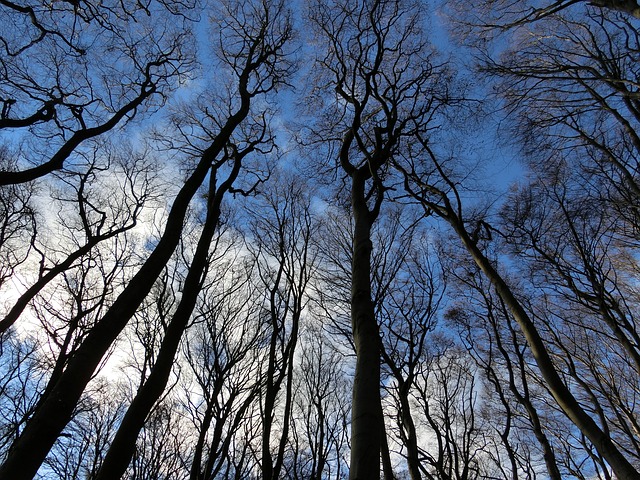The planet Earth is home to swaths of grasslands, sprawling jungles and forests, expansive savannahs and deserts that set it apart from other planets.
But every year, these natural features are slowly decreasing in acreage due to human activities and the Earth’s wilderness is fast disappearing, a new report states.
A startling 10% of the world’s natural environments — those that have generally been let alone — have been lost in the last 20 years alone. Scientists from the Wildlife Conservation Society surveyed satellite images and data since the 1990s and discovered that 1.2 million square miles of wilderness have vanished, Tech Times reports.
James Watson, the lead author on the study from The University of Queensland in Australia, says the amount of wilderness that has gone is staggering.
The greatest loss was in South America at 30%, followed by Africa at 14%.
Areas such as the Northwestern Congolian Lowland Forests and the Northern New Guinea Lowland Rain and Freshwater Swamp Forests have lost almost all of their wilderness.
Researchers say these vanishing environments could have a strong negative effect on indigenous communities, wildlife and climate change as a whole. Even a small ecosystem’s disappearance may have bigger impacts as wilderness regions are interconnected and depend on each other to survive.
What’s more, Watson says the damage cannot be undone. Once a wilderness area disappears, it takes with it its ecological processes and will never go back to the way it was.
There’s some good news, however. The researchers say that much of the remaining wilderness is made up of large tracts of lands which may help in their survival. Also, statistics between 2005 and 2012 show that conservation efforts in Brazil have cut down on deforestation by as much as 70%.
Watson says there is a clear need for stronger action to protect the Earth’s remaining wilderness, above basic conservation of grasslands and forests.
The study was published in the journal Current Biology.
























